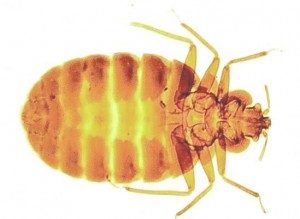
The Bedbug experts in St Johns Wood
Bedbug Control St Johns Wood can help with all your Bedbug problems in St Johns Wood We offer a fast discreet Service for Bedbug control, Bedbug detection, Bedbug fumigation for Hotels, Guest Houses and Private Homes. If you have a bedbug problem call in the bedbug experts today for a fast servcie to get rid of the problem fast.
Bedbug Control St Johns Wood offer a fast response To all enquires 7 days a week. We cover all St Johns Wood areas we over you affordable Bed Bug Control solutions. We offer free Bed Bug Inspections for your property and offer a discreet service
Call Today for a booking or Quote on 0800 955 2347
Our St Johns Wood Bed bug Control technicians have bookings available today, Evenings & Weekend Appointments Also Available.
About Bedbugs
Adult bedbugs are reddish-brown, flattened, oval, and wingless. Bedbugs have microscopic hairs that give them a banded appearance. Adults grow to 4–5 mm in length and 1.5–3 mm wide. Newly hatched nymphs are translucent, lighter in color and become browner as they mouth and reach maturity.
Bedbugs use pheromones to communicate regarding nesting locations, attacks, and reproduction.
The life span of bedbugs varies by species and is also dependent on feeding.
Bedbugs are (bloodsucking) insects. Most species feed on humans only when other prey is unavailable. Bedbugs are attracted to their hosts primarily by carbon dioxide, secondarily by warmth, and also by certain chemicals.
A bedbug pierces the skin of its host with two hollow feeding tubes. With one tube it injects its saliva, which contains anesthetics, while with the other it withdraws the blood of its host. After feeding for about five minutes, the bug returns to its hiding place.
Bedbugs are (bloodsucking) insects. Most species feed on humans only when other prey is unavailable. Bedbugs are attracted to their hosts primarily by carbon dioxide, secondarily by warmth, and also by certain chemicals.
Although bedbugs can live for a year without feeding, they normally try to feed every five to ten days. In cold weather, bedbugs can live for about a year; at temperatures more conducive to activity and feeding, about 5 months.



